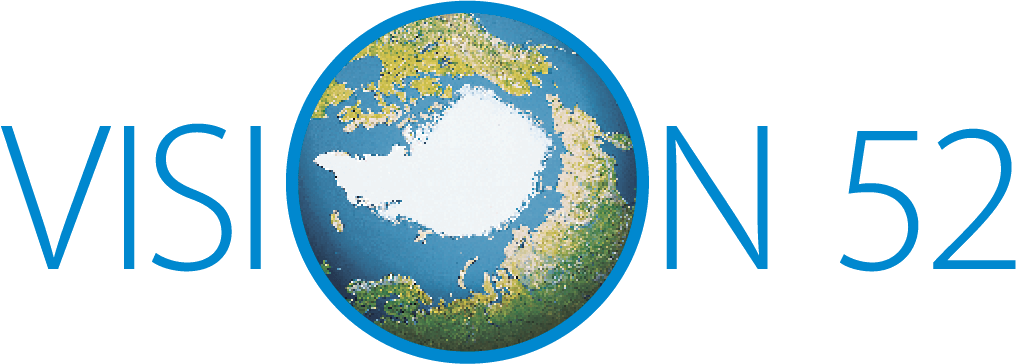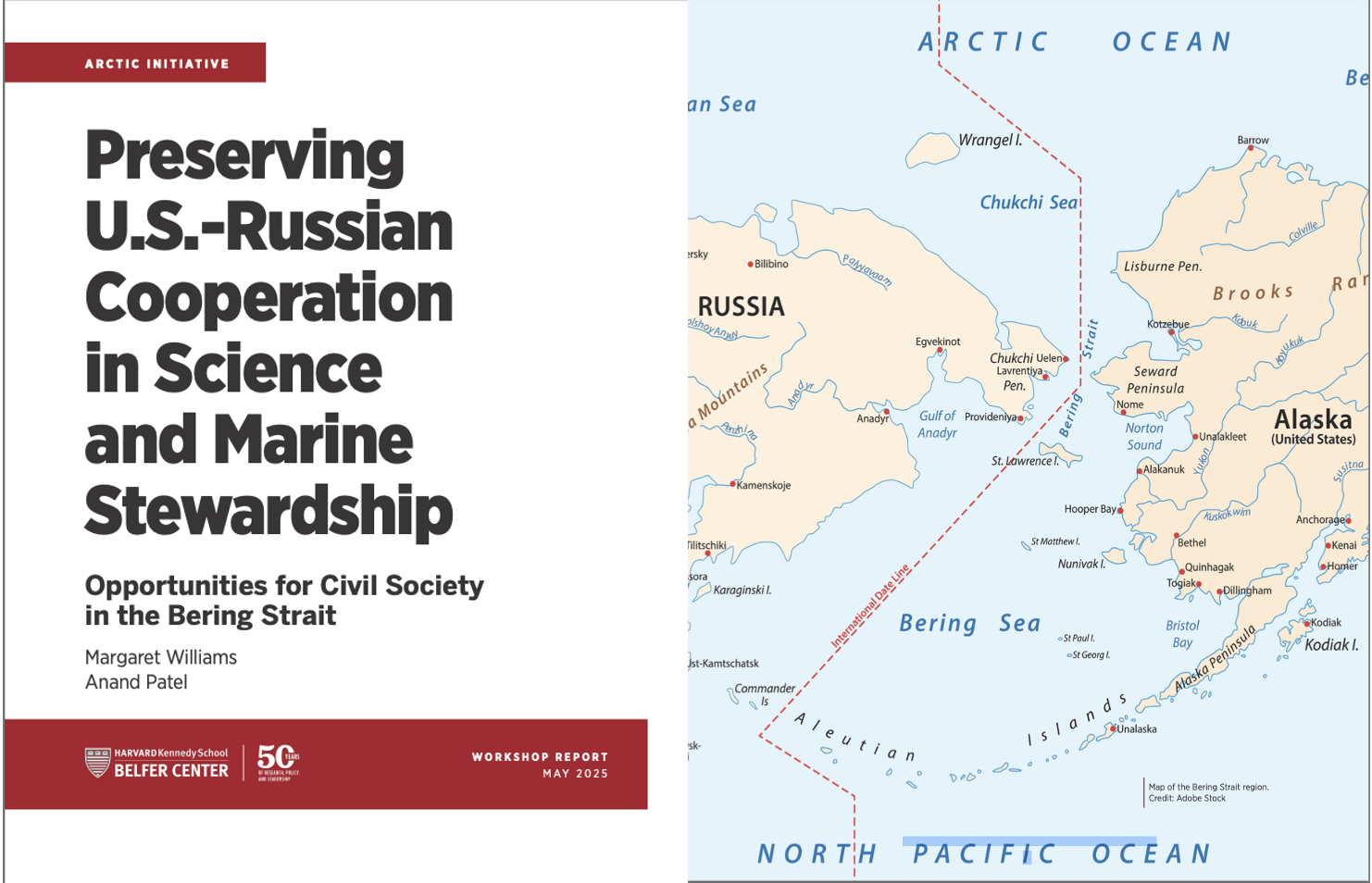“Despite huge geopolitical challenges, we need to remember that this vibrant, unique ecosystem can only be protected through transboundary efforts!”, writes my former WWF colleague, Margaret Williams from Anchorage/Alaska about a report, she and Anand Patel just published. This report is based on insights from a three-day workshop hosted by the Arctic Initiative at Harvard Kennedy School’s Belfer Center for Science and International Affairs on December 3-5, 2024. Participants included scientists, environmentalists, and Indigenous leaders from the United States, Norway, Canada, and Russia. Participants identified potential opportunities for civil society to preserve science and conservation partnerships in the Bering Strait during a period of high geopolitical tension between the United States and Russia.
You can find the full report here:
The Arctic Initiative writes about itself: “The Arctic has become a crucible in which the fast-warming climate is generating cascading impacts both within and beyond the region. It is compounding economic and social changes facing the region’s economies and Indigenous and local cultures. And it is complicating governance within and among Arctic nations, as well as relations among Arctic-interested countries more widely.
Launched in 2017, the Arctic Initiative seeks to contribute to the interdisciplinary, multidimensional, collaborative analysis and responsive actions that this complex of problems and opportunities requires. Our team of faculty, fellows, and staff works closely with officials and experts across the circumpolar region to advance work in five focus areas: enhancing community resilience in a changing Arctic, developing responses to the local and global impacts of permafrost thaw, addressing issues in Arctic Ocean management, charting a course for future Arctic governance, and training the next generation of Arctic leaders.”
The Report concludes:
“Despite the heightened tension between Russia, the United States, and other Western nations, solving planetary challenges, such as Arctic sea ice loss, permafrost thaw, and biological diversity loss, requires all nations to work together. In the Bering Strait – a location where all of these challenges intersect – civil society can assume a leadership role in devising and implementing solutions that consider the transboundary nature of the place. Universities, independent research institutions, conservation groups, and coastal communities must take a “pragmatic but principled” approach toward cooperation with Russian non-governmental entities, with a view toward the future beyond the war in Ukraine. Workshop participants concluded that such an approach could be accomplished without legitimizing the current Russian regime.”
______________________________________
VISION 52 likes to publish on a regular basis news, stories, events, opportunities to act as well as opinion pieces, which may fit into my various visions for 2030 and 2052, in this case, my Arctic vision. If you share my visions, you are welcome to contribute your own stories, ideas, or activities, if fitting. In any case, you are welcome to subscribe to our monthly newsletter: https://www.vision52.info/ (scroll down to the bottom of the page)

